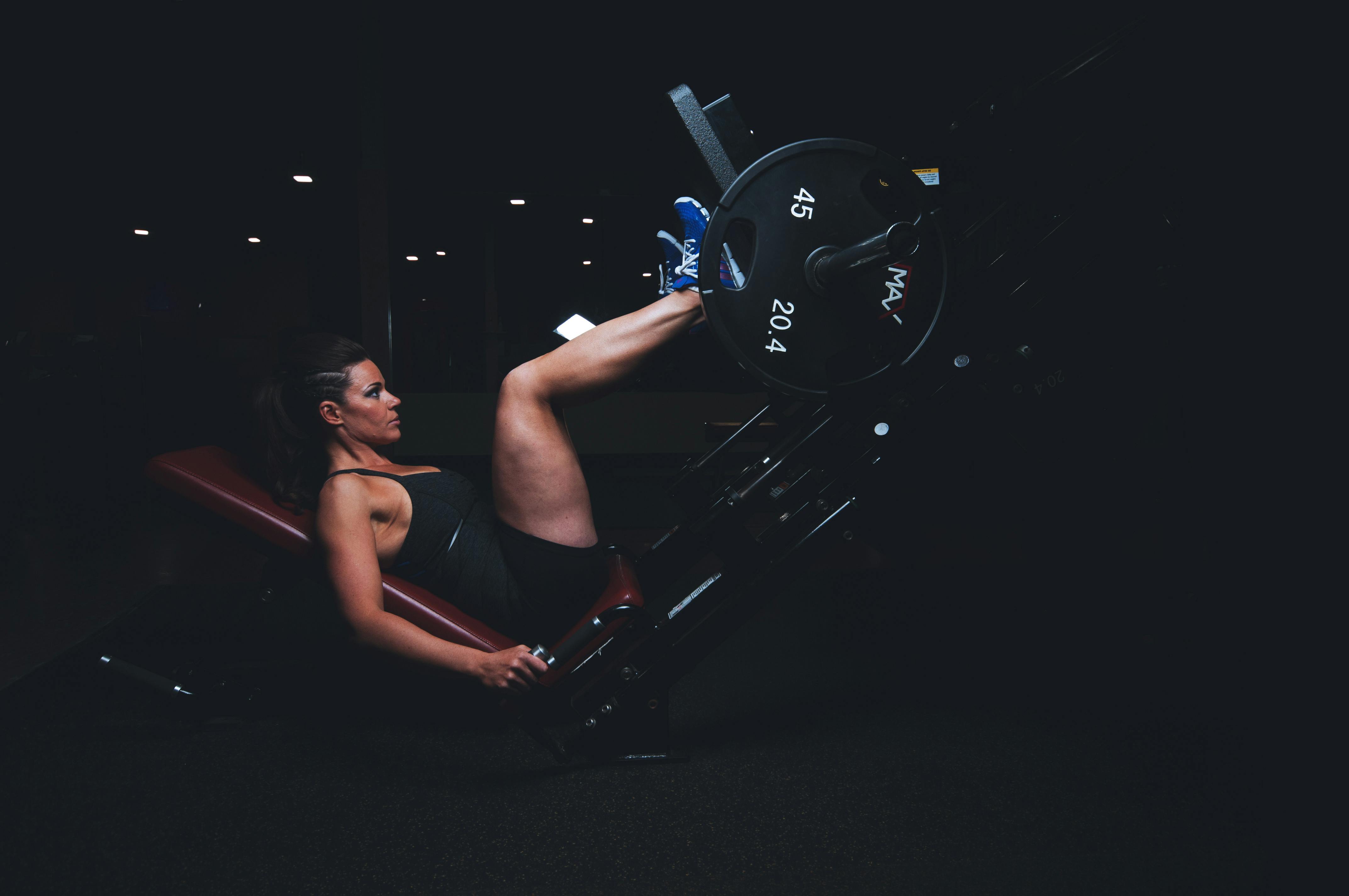Personal Training for Athletes: Crafting High-Performance Programs for Peak Results
When it comes to athletic performance, personalised training is crucial. Athletes at any level need tailored programs that maximise their strengths while addressing specific weaknesses. In this post, we'll discuss the importance of creating effective training regimens for athletes, delve into specific strategies for personalised coaching, and explore the common misconceptions surrounding athlete training programs.
Optimising performance for athletes requires a specialised approach that goes beyond traditional training methodologies. Personal trainers who work with athletes must understand their unique demands, be it strength, speed, agility, or endurance. These training programmes should not only enhance performance but also reduce injury risk and promote recovery.
Understanding Athlete Needs: Firstly, it's essential to conduct a comprehensive assessment of an athlete's current fitness levels, skills, and goals. Use tools like movement screenings and fitness testing to identify strengths and weaknesses. This allows you to create a foundational programme that addresses specific needs. For example, a sprinter may need more explosiveness and speed work, while a distance runner might focus on endurance and stamina.
Periodisation: The Key to Progression: One of the most effective strategies in training athletes is periodisation—structuring training into specific timeframes that target different physical attributes. This approach helps athletes peak at the right time for competitions. For instance, you can design macrocycles that lay out a year’s worth of training, mesocycles focusing on particular skills or attributes over several weeks, and microcycles for daily or weekly training sessions. Clearly defined goals in each phase ensure that athletes are continually progressing and avoiding plateaus.
Nutrition and Recovery: The Unsung Heroes of Performance: Nutrition plays a pivotal role in athletic performance. Personal trainers must collaborate with nutritionists to offer comprehensive dietary guidelines tailored for their athletes' needs. Furthermore, educating athletes on the importance of recovery and rest is vital. Recovery is often overlooked but is essential for muscle repair and overall performance enhancement. Incorporating active recovery days, foam rolling, and stretching routines can significantly improve training results.
Common Misconceptions: There are several misconceptions regarding personal training for athletes. A prevalent myth is that athletes should train at maximum intensity during every session. In reality, balance and strategic planning are crucial. Not every workout needs to be a grind; incorporating ‘deloading’ phases where intensity is reduced can enhance long-term performance. Another misconception is that all athletes require the same training approach—customisation is key, as individual needs differ vastly depending on the sport, position, skill level, and personal goals.
Examples of Effective Programs: Consider the case of a footballer who aims to improve her sprinting speed. A tailored programme might include plyometric exercises such as box jumps and hurdle drills twice a week while incorporating strength training focused on the lower body. Pairing these with interval sprints designed to simulate the demands of match play can prove highly effective for enhancing on-pitch performance. Likewise, a swimmer may benefit from a hybrid programme that includes resistance training in the pool alongside strength conditioning, allowing maximal transferability to their specific sport.
Working with athletes demands a distinct set of skills and knowledge. Personal trainers must consistently educate themselves on sport-specific training methods, understand biomechanics, and stay informed about the latest research in exercise science. By doing so, they can craft programmes that elevate their clients to peak performance levels.
Personal training for athletes is a dynamic role that requires a deep understanding of individual needs, sport-specific training, and the importance of nutrition and recovery. By debunking common misconceptions and employing effective training strategies, personal trainers can create high-performance programmes that lead to peak results. If you're a personal trainer looking to specialise in this area, consider investing in further education and certifications focused on sports performance. Every athlete has the potential for greatness; it's all about unlocking that potential through tailored programmes and professional guidance.
Ellaine
Ellaine is a dedicated and experienced personal trainer with over seven years of expertise in helping clients achieve their fitness goals. With a passion for health and wellness, she specialises in creating personalised training programs that cater to individual needs, whether it’s weight loss, muscle building, or improving overall fitness.
